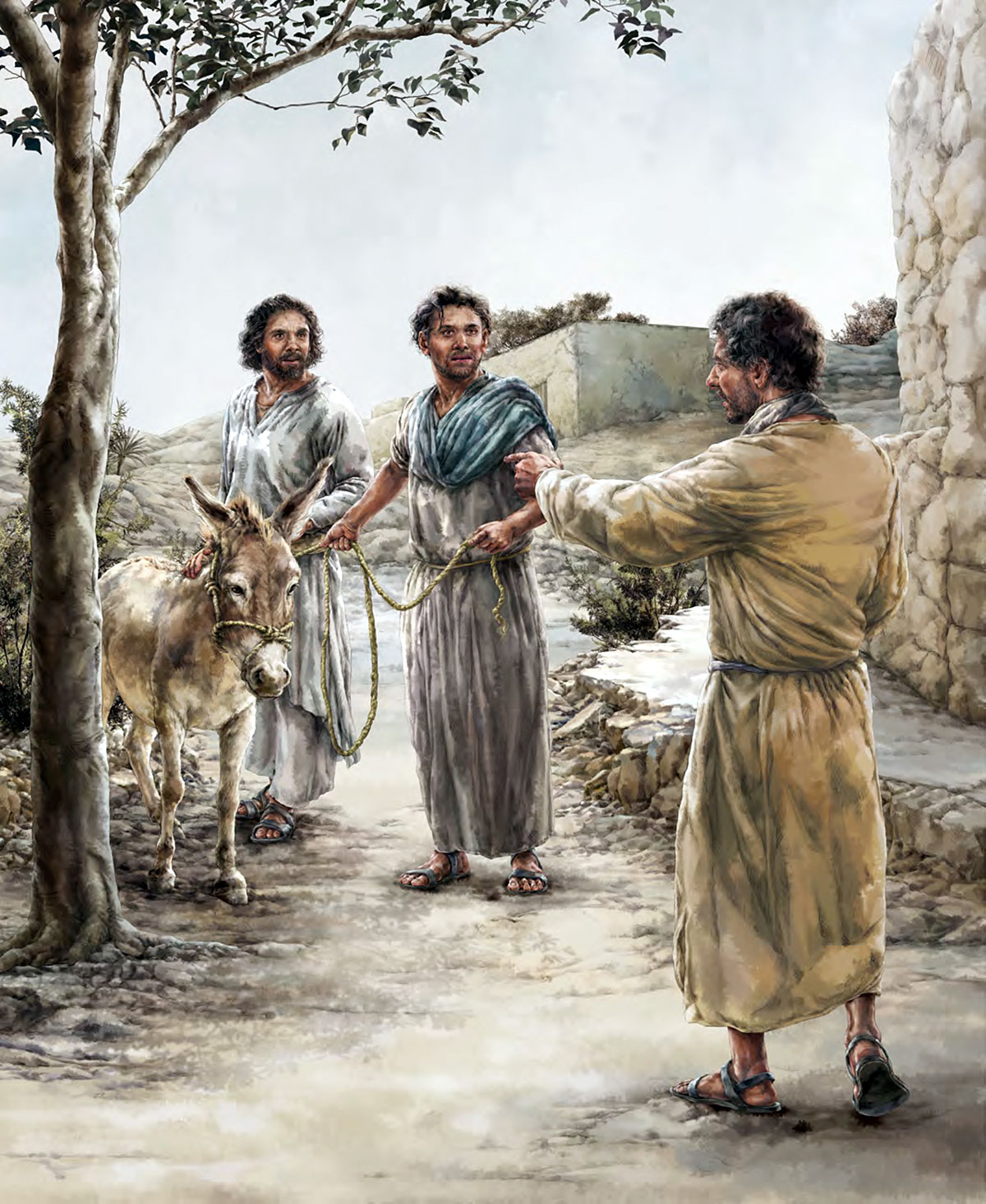Isaiah 10:22 (ESV)
“For though your people Israel be as the sand of the sea, only a remnant of them will return. Destruction is decreed, overflowing with righteousness.”
In the past, when Israel was taken into captivity—whether in Egypt or Babylon—the people assumed that returning to their land would always follow the same pattern: a mighty deliverance through a chosen prophet like Moses. They expected that God would again miraculously intervene, restore the entire nation, and bring them back home in full.
But God’s plan changed.
Through His prophets, He warned them that future restorations would not mirror the past. He patiently called them to repentance, urging them to abandon their wicked ways. Yet they refused. Instead of listening to the warnings, they persecuted the messengers—some were beaten, others killed (cf. 2 Chronicles 36:15–16, Matthew 23:37).
Eventually, judgment came. The ten northern tribes of Israel were exiled by Assyria (2 Kings 17), and to this day, they have not returned. They assimilated into the nations and disappeared from the historical record—known commonly as the “Lost Tribes of Israel.” Later, the southern kingdom of Judah was taken captive to Babylon by King Nebuchadnezzar (2 Kings 25). Even though Judah was numerous, only a small remnant returned after 70 years (Ezra 1–2).
This remnant was preserved not because of their righteousness but because of God’s mercy—to maintain the lineage leading to the Messiah. As the apostle Paul writes:
Romans 9:27–29 (ESV)
“And Isaiah cries out concerning Israel: ‘Though the number of the sons of Israel be as the sand of the sea, only a remnant of them will be saved, for the Lord will carry out His sentence upon the earth fully and without delay.’ And as Isaiah predicted, ‘If the Lord of hosts had not left us offspring, we would have been like Sodom and become like Gomorrah.’”
This story is not just history—it’s prophecy in pattern. Paul, quoting Isaiah, applies these Old Testament realities to the New Covenant Church. The physical nation of Israel prefigures the spiritual people of God—those who are in Christ. What happened to them is meant to serve as a warning for us.
1 Corinthians 10:11 (ESV)
“Now these things happened to them as an example, but they were written down for our instruction, on whom the end of the ages has come.”
When Israel fell into idolatry and spiritual corruption, their judgment came swiftly. Likewise, Jesus and His apostles foretold a great falling away within the Church before the end (cf. Matthew 24:10–12, 2 Thessalonians 2:3). The enemy has sown tares (false believers) among the wheat, and until the final harvest, the two will grow side by side (Matthew 13:24–30).
Today, the number of professing Christians worldwide is over three billion—more than the physical Israelites ever were. But as in ancient times, numbers are not the measure of faithfulness. Among this vast multitude, only a small remnant is truly faithful to Christ.
Luke 12:32 (ESV)
“Fear not, little flock, for it is your Father’s good pleasure to give you the kingdom.”
Jesus described His Church not as a mighty multitude but as a little flock. Many are called, but few are chosen (Matthew 22:14). The present age is not a time for complacency but for self-examination and repentance. The pull of the world is stronger than ever, and the passion many had at first is growing cold.
Returning to the Lord today—renewing our first love, walking in holiness, rejecting sin—is far more challenging now than when we first believed. The spiritual environment has become more polluted, the Church more compromised, and distractions more intense. It is only by the grace and power of God that anyone can stand.
We must be among the faithful remnant. The Lord is calling His people to forsake sin, turn fully to Him, and keep their eyes fixed on eternity.
Because the return of Christ is near.
At any moment, the event of the Rapture could occur—the sudden catching away of the true Church (1 Thessalonians 4:16–17). For some, it will be a day of joy and reunion. For others, a day of unspeakable regret.
Matthew 24:40–42 (ESV)
“Then two men will be in the field; one will be taken and one left. Therefore, stay awake, for you do not know on what day your Lord is coming.”
May the Lord help us remain watchful, faithful, and ready.









